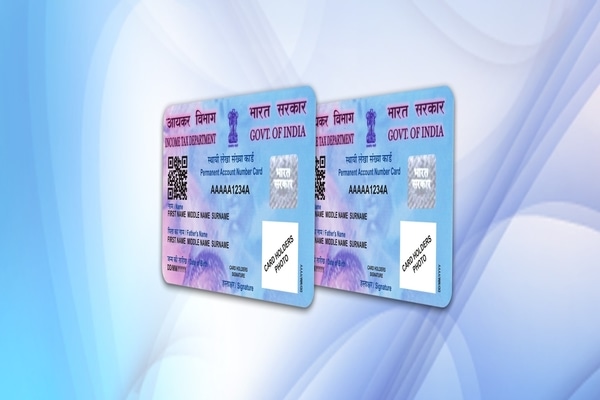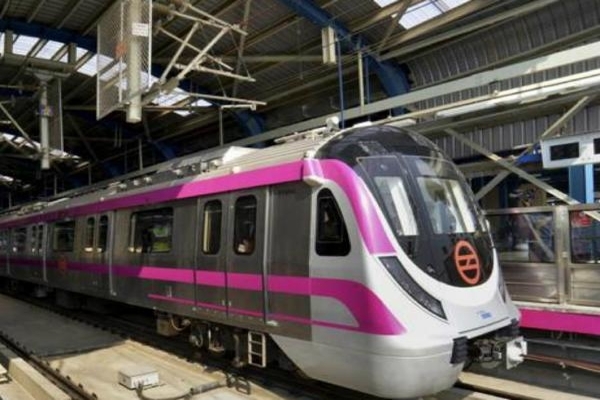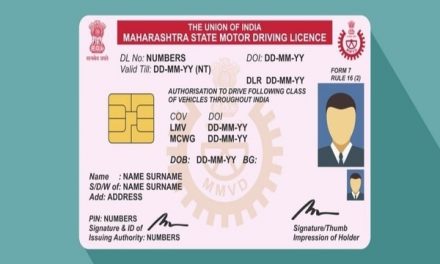Income Tax (IT) department issuing one of the most important cards Permanent Account Number or PAN card which is an identity proof for registrations and transactions, which makes it a vital factor in taxation. To check for tax evasion and ensure greater flexibility, the IT department has released the following new guidelines to keep in mind while updating your existing PAN card or applying for a new one.
Deadline
The last date for all entities that have made financial transactions worth or above Rs 2.5 lakh to apply for PAN card is May 31, according to the notification published by the Central Board of Direct Taxation (CBDT).
Father’s name not mandatory
Under the new rules, it is not mandatory to quote the father’s name in the application forms submitted by applicants raised by single mothers. The applicants selecting the option of only having their mother as a parent would be given the option to furnish the name of the mother alone.
Non-individual entities
An amendment has been made to section 139A of the Income Tax Act, as per a 2018 budget suggestion, which requires all non-individual entities who have made transactions worth Rs 2.5 lakh to apply for PAN card by May 31. This implies that a Hindu Undivided Family (HUF) that has conducted transactions of Rs 2.5 lakh or more than that in the year 2018 are required to apply for PAN by the end of May 2019. Any individual, recognised as the managing director, director, partner, trustee, founder, partner, office-bearer, CEO, Karta, principal officer or any individual authorised to represent the entity who has not been allotted any PAN is required to apply for the same before May 31 of the following financial year.
Apart from the above rules, the CBDT has added the option of listing one’s gender as transgender in the gender column of the Form 49A/49AA, against the previous binary options of ‘male and female’ to promote equal rights and inclusiveness.
CBDT chairman Sushil Chandra had stated that soon it will be possible to execute the allotment of the PAN in four hours. Chandra also mentioned that the CBDT was planning to introduce automated measures such as pre-payment of taxes, filing of IT returns, refunds, case selection, finalisation of cases for scrutiny and so on.







